Health and Safety (Risk Management)
What is risk management?
Risk management is a method for identifying risks and developing and implementing programs to protect the organization and prevent loss. An effective risk management program consists of four basic steps that are part of a continuing process. As you engage in new activities and plan different events, continue to use these four steps to help protect against the new exposures that arise:
-
Assess - identify, analyze and prioritize potential risks
-
Select - methods to prevent loss
-
Implement - the best methods
-
Monitor - the results and revise as necessary
You can filter/search all the resources related to Risk Management here:
Filter Categories
Filter - All
Risk Management
-
ABUSECOMMITMENT ON ABUSE People with an intellectual disability need a place to go where they can have fun and enjoy the physical and social aspects of participating in sport. These guidelines are to ensure that they are also safe from any kind of abuse.
-
Authority & ResponsibilityAUTHORITY & RESPONSIBILITY Each member of Special Olympics Ontario, including staff, coaches, trainers, officials and participants have certain responsibilities in order to comply with the policy on risk management. The following is a list of responsibilities: To nurture a participation/social/competitive spirit in the confines of a safe environment.
-
HARASSMENTHARASSMENT All members of the organization including volunteers, coaches, athletes, officials, staff and members of the board are to refrain from any behaviour that constitutes harassment, where harassment is defined as comment or conduct directed towards an individual or group, which is offensive, abusive, racist, sexist, degrading, or malicious.
-
CONDUCTING A SAFE PROGRAMCONDUCTING A SAFE PROGRAM Risk Management Responsibilities Coaches have the ultimate responsibility to reduce the risks of participation for athletes involved in the sport that they are coaching. Equipment Athletes need to have the proper equipment for each sport, and if equipment must be worn, it should fit properly.
-
DISCIPLINARY ACTION - COACHES AND VOLUNTEERSDISCIPLINARY ACTION – COACHES AND VOLUNTEERS Special Olympics Ontario has sole and absolute discretion as to any disciplinary actions to be taken if a person violates the Athlete Code of Conduct or the Volunteer & Coach Code. Any action taken is predicated with the good faith belief of Special Olympics Ontario that the disciplinary action is appropriate.
-
DISCIPLINARY ACTIONS- ATHLETESDISCIPLINARY ACTIONS- ATHLETES CODE OF CONDUCT INFRACTIONS Special Olympics Ontario has sole and absolute discretion as to any disciplinary actions to be taken if a person violates the Athlete Code of Conduct. Any action taken is predicated with the good faith belief of Special Olympics Ontario that the disciplinary action is appropriate.
-
DISCIPLINARY ACTION - GENERAL PROCEDUREDISCIPLINARY ACTION – GENERAL PROCEDURE Disciplinary and Corrective Action Policies and Procedures applies to all athletes, coaches, and volunteers (herein known as member) participating in programs and events sanctioned by Special Olympics Ontario. 1. OffensesThe following actions of behaviour by participants in Special Olympics Ontario programs will be considered offenses.
-
CARE FOR COMMON MINOR INJURIESCARE FOR COMMON MINOR INJURIES It is the coach’s job to maintain as safe an environment as possible. It is strongly recommended that coaches have certification in CPR and First Aid or that volunteers be recruited who already have first-aid training, medical athletic training or emergency care certification.
-
CONCUSSIONS & RETURN TO PLAYCONCUSSIONS & RETURN TO PLAY A concussion can occur from a blow to the head or body that causes the brain to move rapidly back and forth within the skull. It is a brain injury that causes changes in how the brain functions, leading to symptoms that may include: Headache Dizziness Difficulty concentrating or remembering Depression or irritability Drowsiness or difficulty falling asleep Though concussions are common sport injuries, particularly among children and adolescents, their sometimes subtle symptoms may go unnoticed.
-
LIABILITY & ACCIDENT INSURANCELIABILITY & ACCIDENT INSURANCE The following is an explanation of the insurance coverage for athletes and volunteers who are registered with Special Olympics Ontario/Special Olympics Canada. Special Olympics Ontario offers its volunteers and athletes a comprehensive insurance package that will adequately cover the situations with which they are faced in the organization.
-
CONFLICT RESOLUTION POLICYTo download this document, for saving or printing, please scroll to the bottom of the page, hover over the document and click on the down arrow inside of the page, as shown in the image below. Conflict-Resolution
-
DOCUMENTATION GUIDELINESDOCUMENTATION GUIDELINES Record or document an incident/occurrence as soon as possible. Back dated documentation can be problematic & is not recommended. If you are documenting at a later date, include this date as a point of reference. Record any/all related verbal communication as close to verbatim as possible.
-
EMERGENCY ACTION PLAN_Emergency Action Plan updated July 24, 2020 This action can be used in your sport club or while at competitions. The Emergency Action Plan includes three main areas of concentration: Person in Charge Call Person Control Person Person in Charge Where possible, the person in charge should be an individual with specialized training in injury care or first aid.
-
HEALTH AND SAFETY OF THE ATHLETESHEALTH AND SAFETY OF THE ATHLETES As Special Olympics Coaches, Volunteers & Staff we pledge to: Ensure that the equipment and facilities are safe to use. Ensure that the equipment, rules, training and the environment are appropriate for the age and ability of the athletes.
-
SAFETY & SECURITYSafety, Security and Special Olympics Standards, Policies and Procedures Why These Guidelines are Necessary From its beginnings, Special Olympics Ontario had a vision of providing a safe place for people with intellectual disabilities to gather, in the spirit of sport, for friendship, competition and fun.



